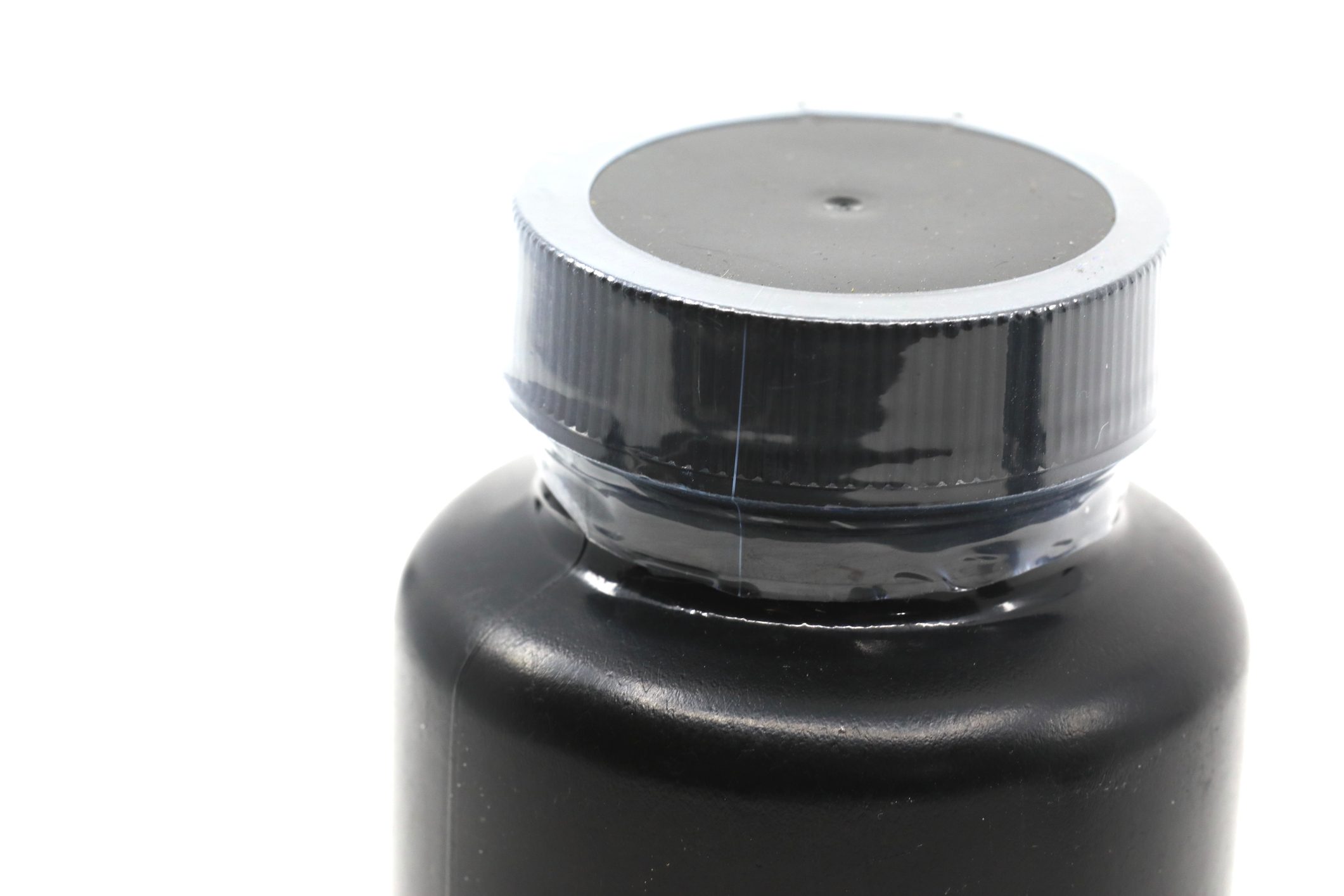Walmart, CVS, Amazon and other well known retailers may have carried the recalled product, which the FDA calls out unique cautions against.

More Than 160,000 Lots of a Drug for Men Recalled in 30 States and Internationally

Endocrinological research has estimated that as men age, natural levels of the male sex hormone testosterone can decline 50% between the ages of 20 and 80 years. This can cause a range of symptoms that include reduced sex drive, erectile dysfunction, depression, increased body fat, decreased strength and muscle mass, hot flashes (yes, for men, too) and more. For many, especially for those who are concerned with their sexual or athletic performance, testosterone-boosting supplements may appear to offer a solution to their symptoms.
Today a recall announced by the U.S. Food and Drug Administration (FDA) highlights the potential harm associated with these often poorly regulated products.
According to a recent recall notice, 163,248 lots of a testosterone-boosting pill sold under the brand name Muscle Tech Alpha Test are now under recall. The pills claim to help men “maintain a peak testosterone-to-cortisol ratio” and “combat estradiol,” which is a form of estrogen typically associated with women’s reproductive health.
Walmart, CVS, and other major retailers have also sold Muscle Tech Alpha Test products, which were also marketed on Amazon for use by “serious fitness enthusiasts and athletes focused on maximizing strength and results.”
Details from the recalled items’ description:
- 120 capsules per bottle
- Sold in black labeled plastic bottle
- Universal Product Code (UPC): 6-31656-60676-8,
- Stock Keeping Units (SKU): SKU0001191, SKU0002075
- Exp. Dates and Lot Codes: March 21, 2027 (Lots 24A125, 24B059, 24B060), March 22, 2027 (Lot 24C112), July 3, 2027 (Lots 24F164, 24G112), July 4, 2027 (Lot 24E288), July 5, 2027 (Lots 24G243, 24H207)
The pills were reportedly sold in 30 states across the nation: North Carolina, California, Texas, New Jersey, Virginia, Nevada, Pennsylvania, Indiana, New York, Illinois, Mississippi, Kentucky, Michigan, South Carolina, Washington, Connecticut, Florida, Ohio, Wisconsin, Delaware, Louisiana, Tennessee, Missouri, Utah, Georgia, Kansas, Colorado, Iowa, Arizona, and Oregon. They were also distributed internationally in Cambodia, South Africa, the Philippines, Iceland, Kazakhstan, and the United Arab Emirates, the FDA says.
Produced by Iovate Health Sciences USA Inc., the purported testosterone booster was found to contain cathine, a psychoactive drug which is part of the phenethylamine and amphetamine drug class (related to drugs like Adderall). According to the Drug Enforcement Agency (DEA), cathine is a Schedule IV stimulant naturally derived from the khat plant. They note that in its original form, “Khat can induce manic behavior with grandiose delusions, paranoia, nightmares, hallucinations, and hyperactivity. Chronic khat abuse can result in violence and suicidal depression,” they write.
A January 29, 2025 update adds that the incident is considered a Class II incident, which the FDA defines as “a situation in which use of or exposure to a violative product may cause temporary or medically reversible adverse health consequences or where the probability of serious adverse health consequences is remote.”
According to the U.S. Anti-Doping Agency (USADA), a non-profit, non-government organization that was recognized by the U.S. Congress as the official anti-doping agency for the Olympics, there are several reasons to be skeptical of claims made by supplement companies touting testosterone-boosting benefits. In fact, they list “false promises” and “potential contamination” as two of the most pressing arguments against taking testosterone-boosting supplements and suggest consumers should be especially wary of products sold on Amazon, where fake reviews can lend the products unearned credibility.
Before beginning any supplement, it’s always a good idea to talk with a credentialed healthcare professional about the potential risks and benefits. However, testosterone supplements should be considered with an extra measure of scrutiny. If you have the contaminated pills in your possession, do not take them. Throw them away and let your doctor know if you are experiencing any adverse effects.
For daily wellness updates, subscribe to The Healthy by Reader’s Digest newsletter and follow The Healthy on Facebook and Instagram. Keep reading:




















